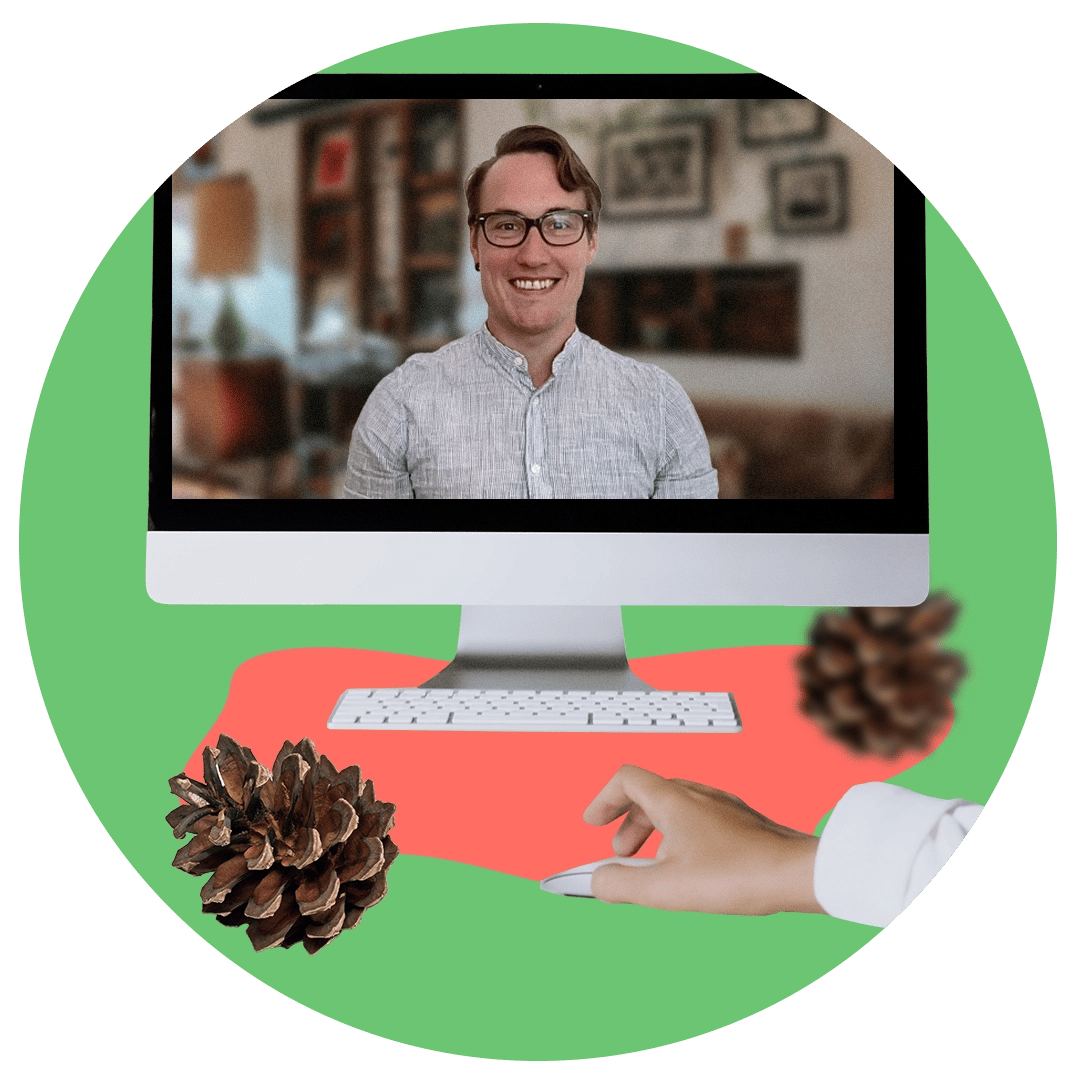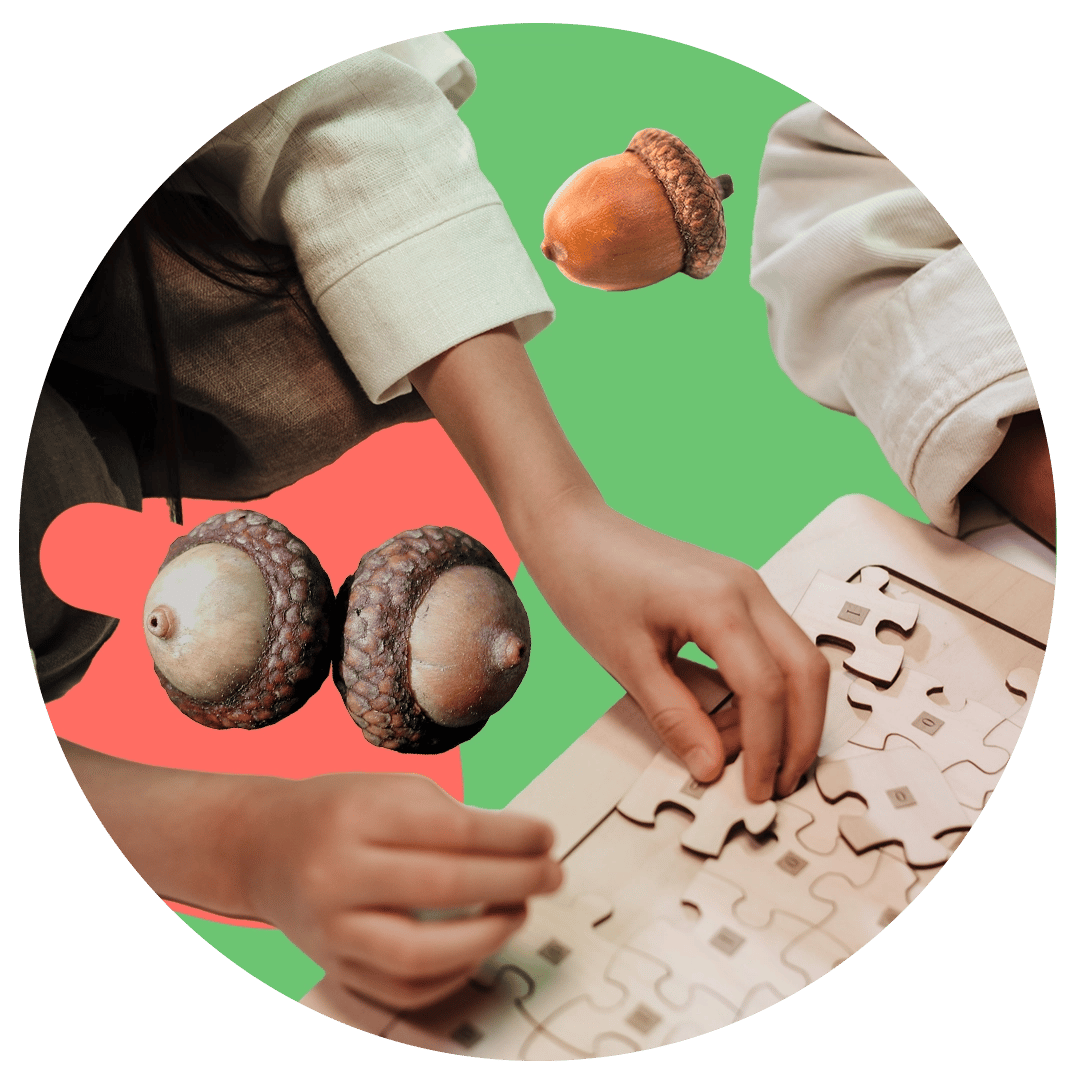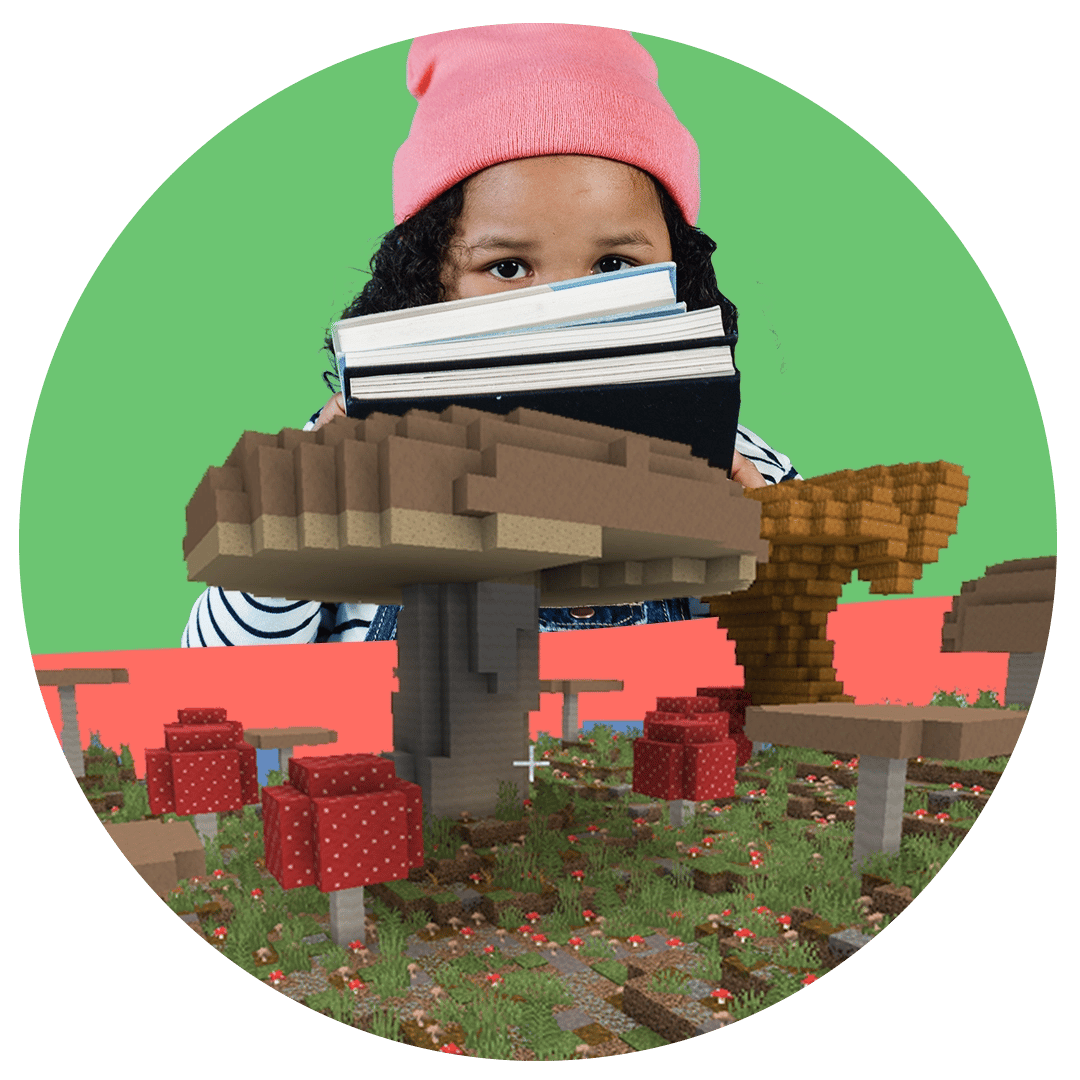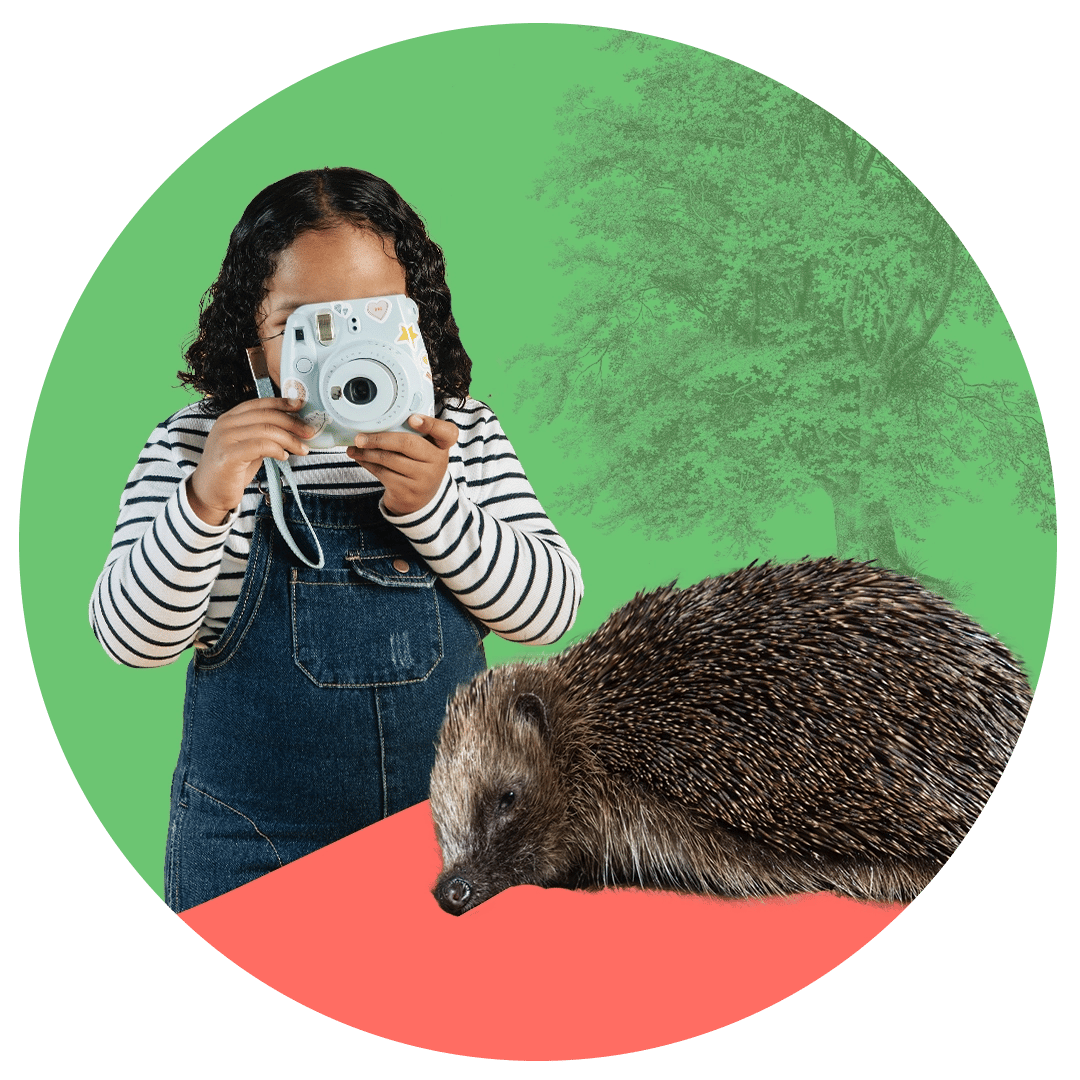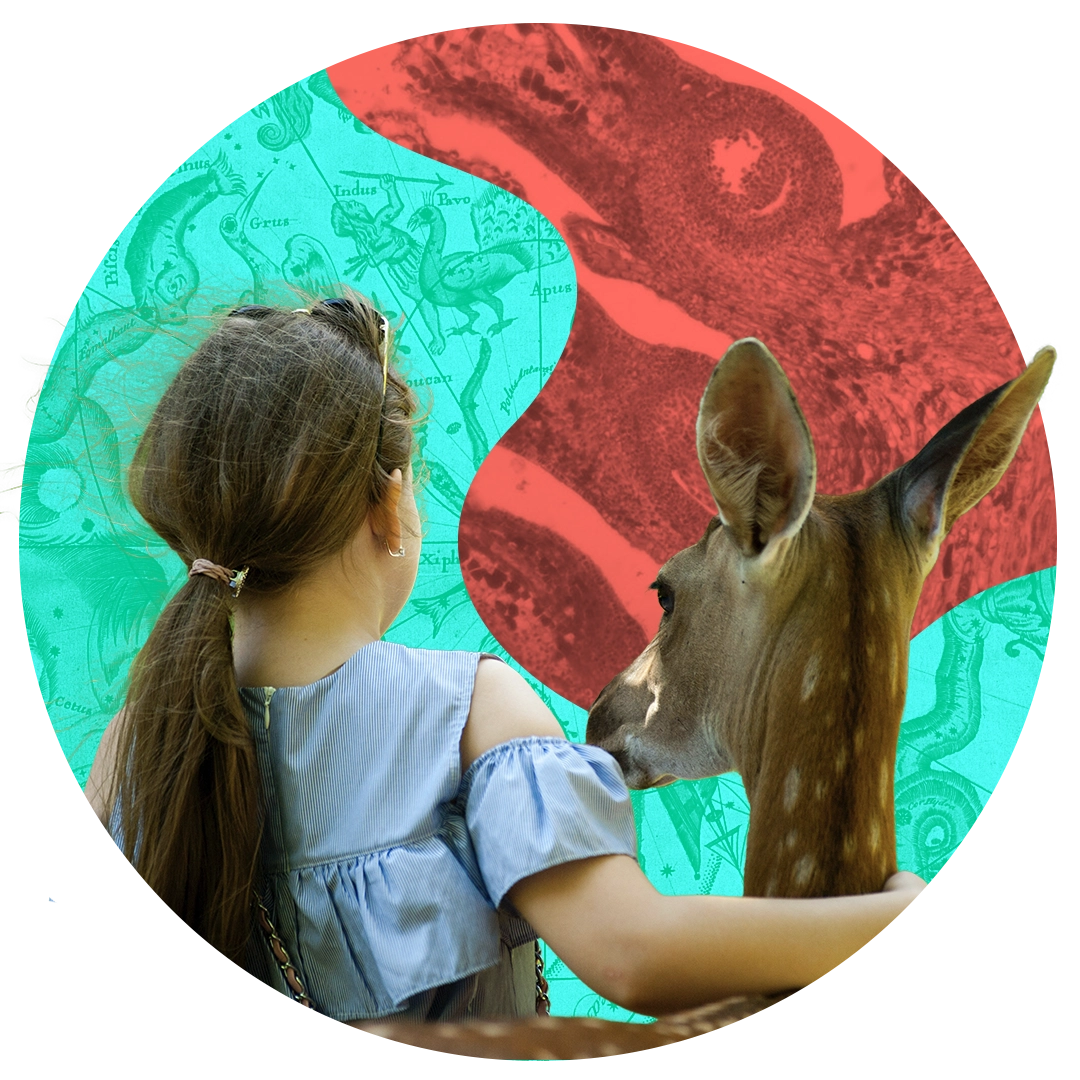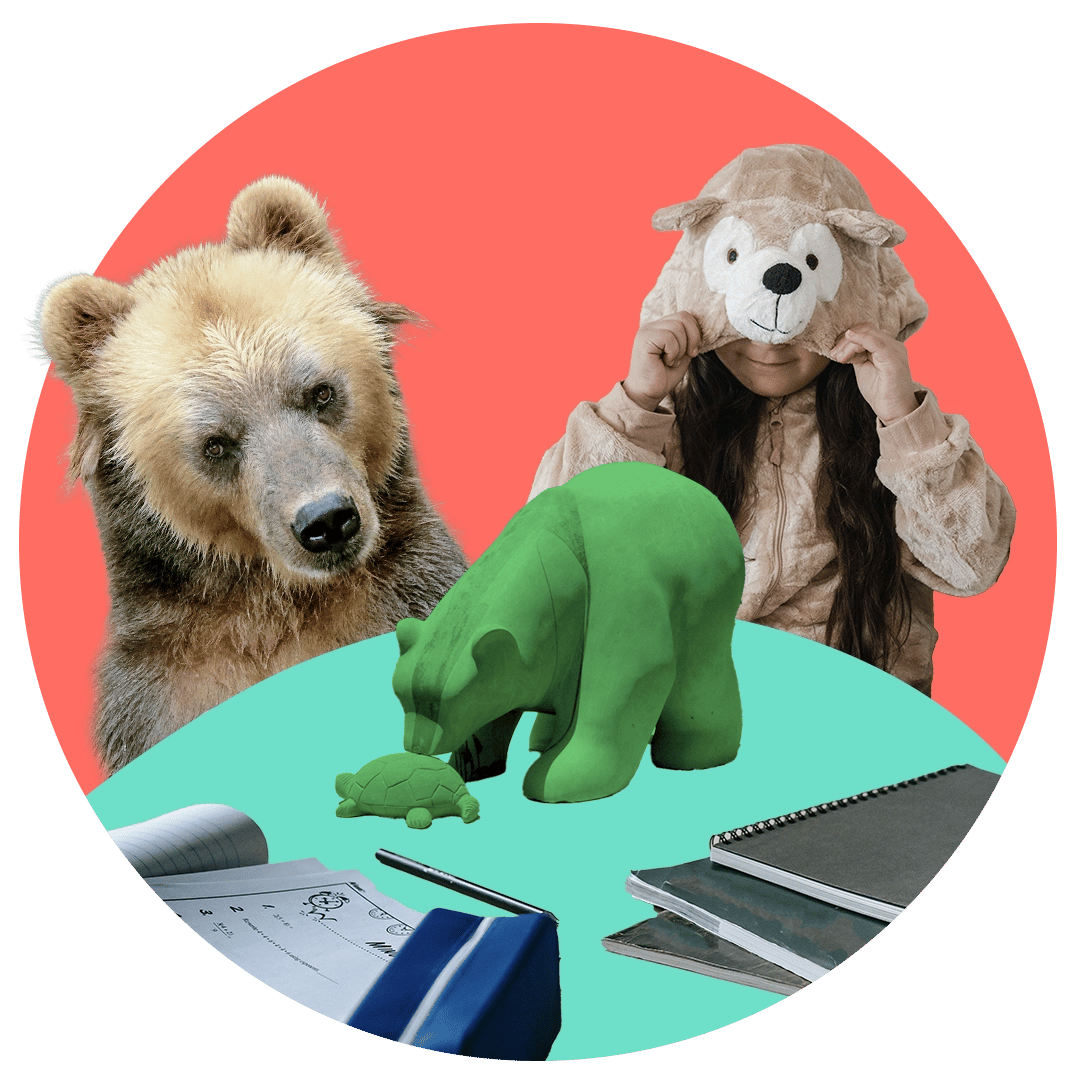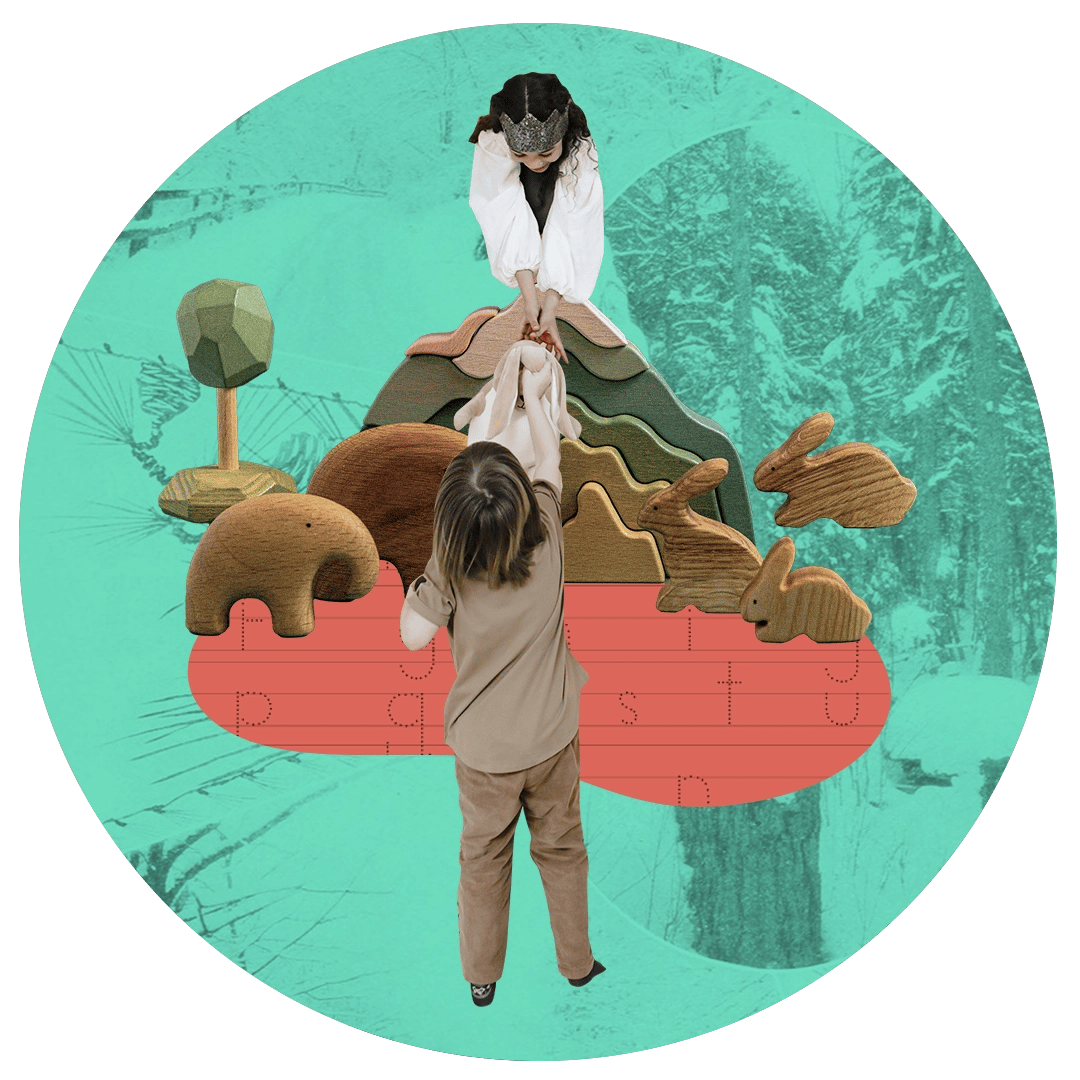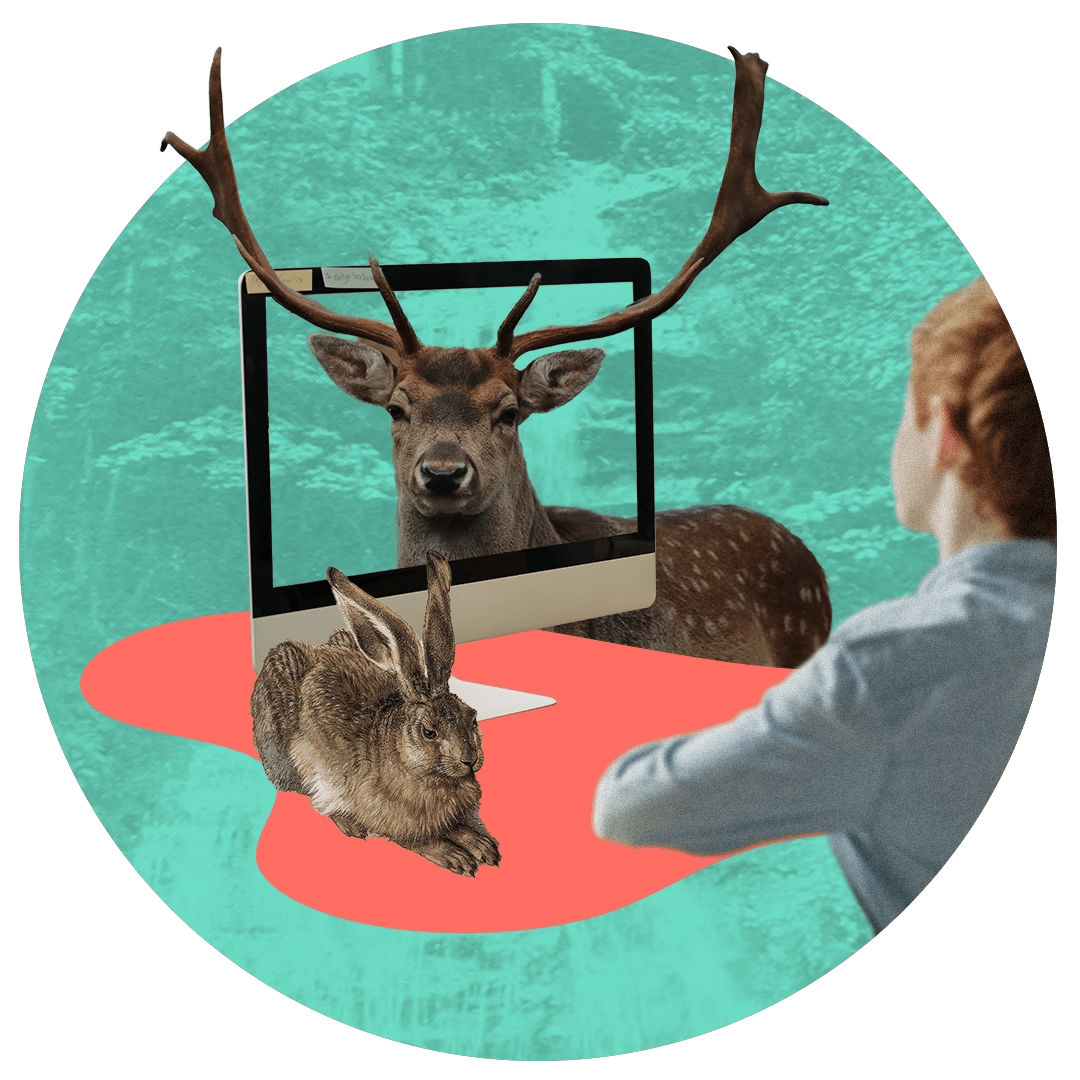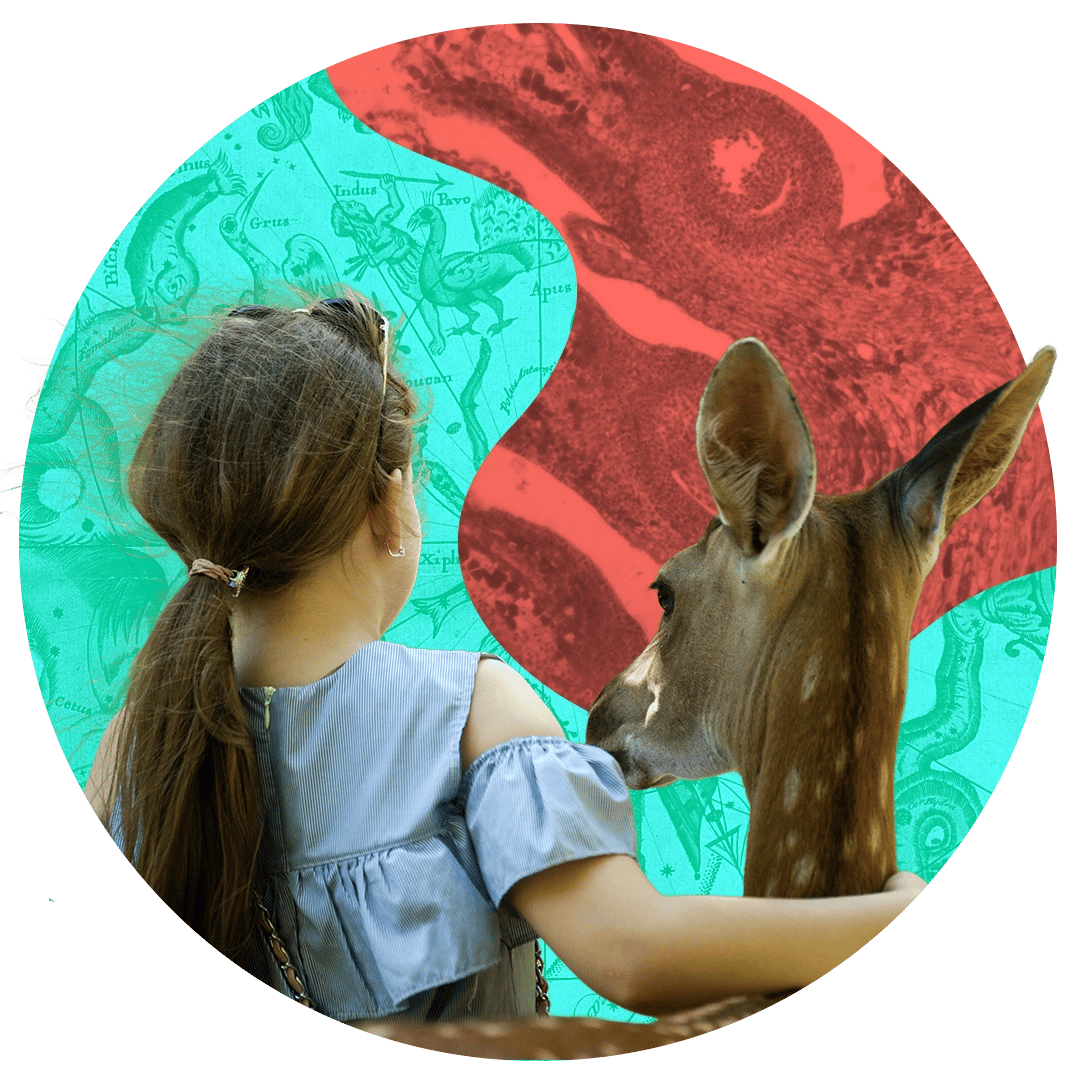Microcredentials
Students are continually assessed in a natural, non-intrusive way (think projects, games, reflections, and conversations).
This, along with the small class sizes, gives teachers deep insight and constant feedback so that lessons can be tailored to each student's needs, meaning that each child gets precisely the education they need.


